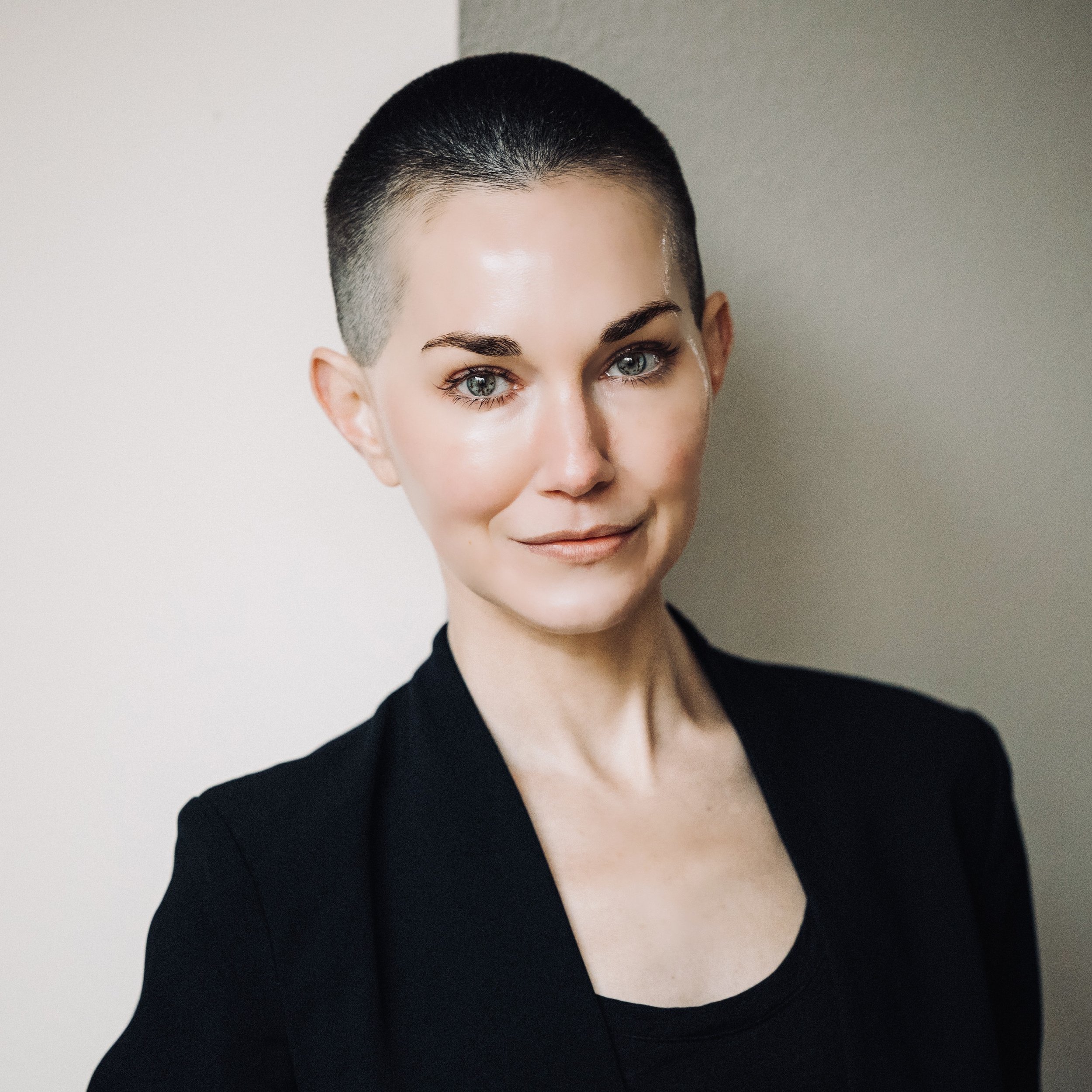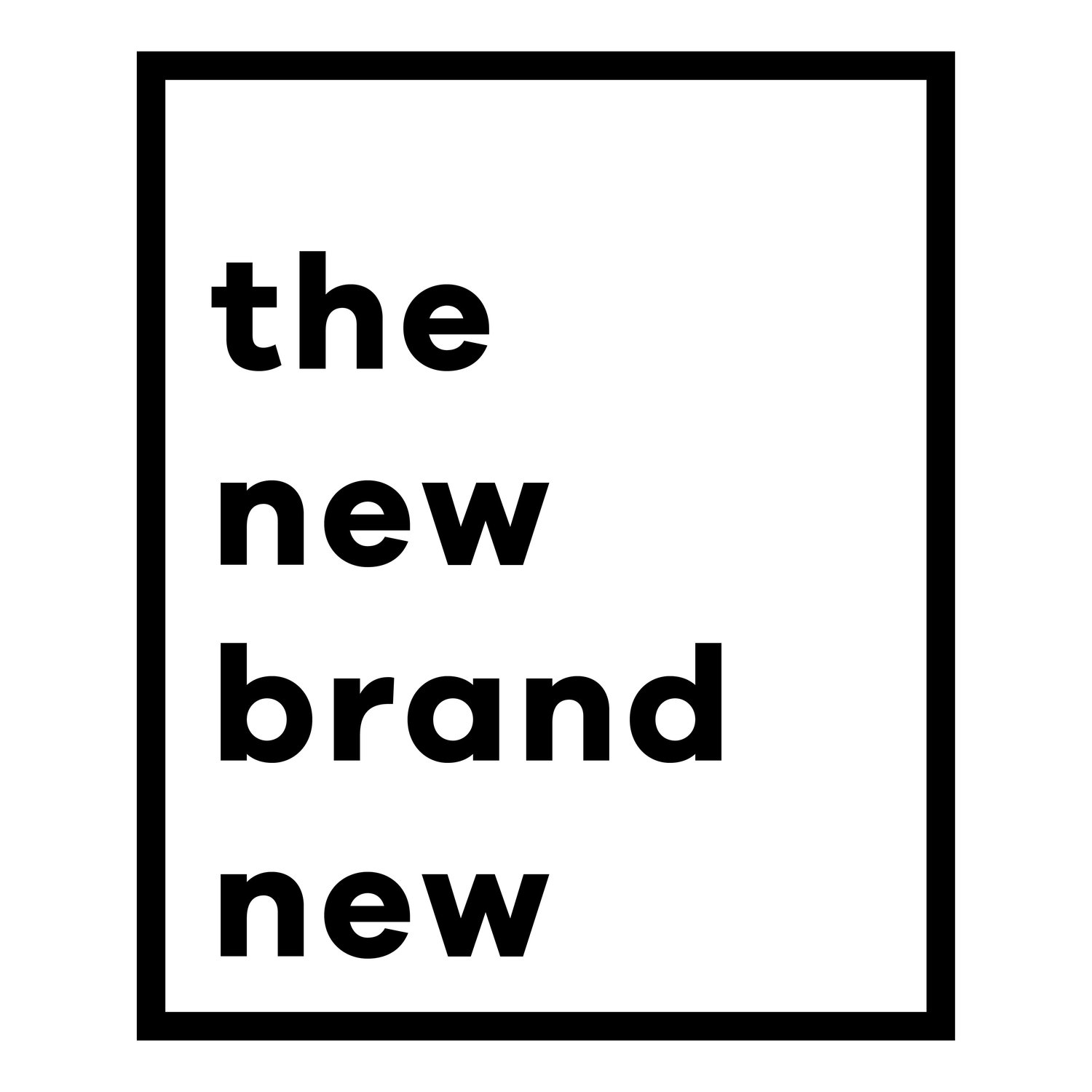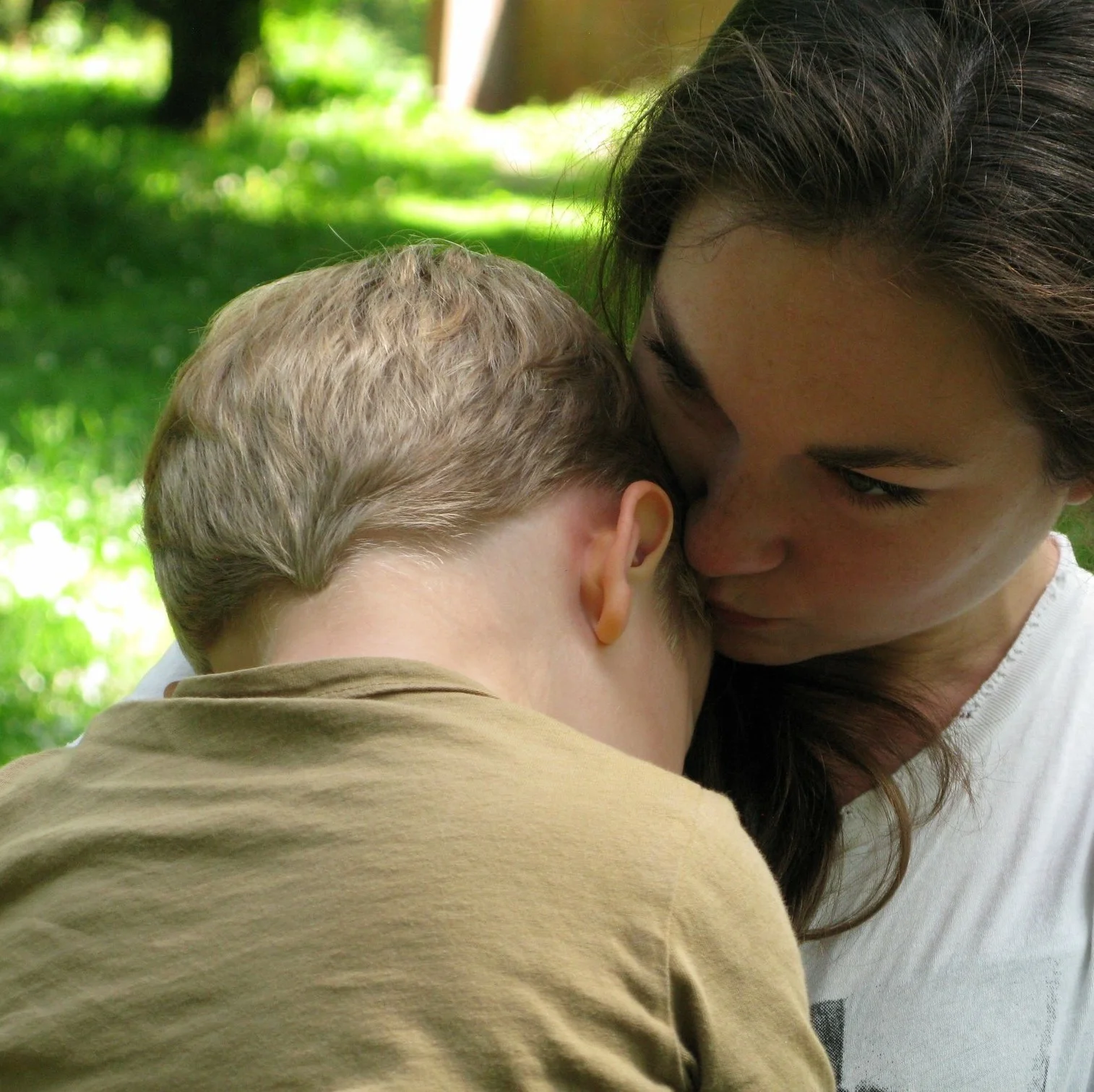Hope, intentionality, and potential
Several Saturdays ago, as my sibling and I were driving to a local hardware store, they stopped me mid sentence with, “But you always say that.” It was delivered with a smirk, even tempered affection, but there was also an edge to Mac’s words—a minor resistance to my seeming positivity. They were right: nearly every Saturday I’ll note a detail of the weather aloud; a facet of that one day which feels unique against the surrounding others.
Sometimes it’s a bold and encompassing statement, like, “The feeling of the sunshine today is enlivening,” but others are focused and observational, as in, “The neon-like coloring of the first leaf tips sprouting from branches following Winter is only briefly present.”
The moment with Mac in the car passed without much remark, but considering it retrospectively I am reminded of one of my favorite quotes by Buddhist practitioner, Pema Chödrön. It is concise, yet full, and I conjure it often in an attempt to rest in reality versus a belief of what is possible.
“We hold onto hope and it robs us of the present moment. If hope and fear are two different sides of the same coin, so are hopelessness and confidence. If we’re willing to give up hope that insecurity and pain can be exterminated, then we can have the courage to relax with the groundlessness of our situation.”
But, hope for the season, for the onset of trustworthy warmth—it’s hardly hope; there is an inbuilt safety in it, given its predictable patterning over our respective lifetimes.
Hope beyond known moments, like the promise of an oncoming season, can be wearing—breaking down the soul, over and over; it is a beautiful addiction.
Then, I am reminded of the work of John Gottman on marriage; the alignment of his research to Chödrön’s stance on hope. He pulls romance from the near-mysticism presented in engagement photos and romantic comedies and reminds us of the incredible task in building and fortifying a bond. A relationship is not a fabled happenstance event, but something more careful and thoughtfully formed—a team. He removes hope, as if to say, “This is not a fairytale, but a charted narrative, and you are both the authors.”
This—it feels full of potential, simply right, and unbound by expectation. It is intentional. And so, reconciling the distances between hope, intentionality, and potential seems a worthy endeavor.




